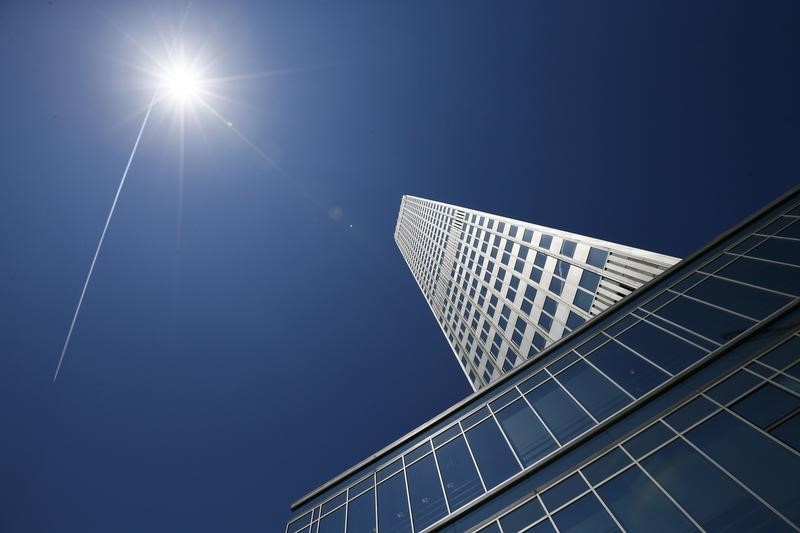Just like the US, Europe has its own Magnificent group of stocks, which Goldman Sachs calls “the GRANOLAS.”
Created by Goldman Sachs analysts during the first European lockdown amid the Covid-19 pandemic in 2020, GRANOLAS consists of the largest European companies by market cap at the time, including GSK, Roche, ASML, Nestle, Novartis, Novo Nordisk, L’Oreal, LVMH, AstraZeneca (NASDAQ:AZN), SAP and Sanofi (NASDAQ:SNY).
The GRANOLAS make up about a quarter of the STOXX 600's market capitalization, a proportion that is comparable to the total combined weight of the Energy, Basic Resources, Financials, and Autos sectors.
“From a European point of view, the GRANOLAS accounted for 60% of all gains over the past year. They are a large part of the reason why European equities have performed well despite lackluster domestic GDP,” analysts said.
But what actually caught Goldman Sachs' attention now is the GRANOLAS’ growth potential in the current cycle and the discount the group is trading at when compared to the US-based Magnificent 7.
“The GRANOLAS exhibit qualities that we expect to predominate in this cycle: strong earnings growth, low volatility, high & stable margins, and strong balance sheets,” analysts noted.
They also believe that the group is likely to capitalize on the ongoing transition towards passive investment strategies and the current liquidity challenges in the European equity market.
As for its valuation, it sits at the higher end, with a price-to-earnings (P/E) ratio of 20x. However, this premium is typically expected for growth-oriented companies.
Despite this, they are trading at a 30% discount compared to the Magnificent 7, which have a P/E ratio of 30x, and their trading level is beneath the historical discount they have had relative to the Global Growth factor.
Most importantly, the growth outlook for GRANOLAS looks appealing, Goldman Sachs analysts noted.
“Consensus expects continued strong growth from these compounders in the coming years, with a 7% revenue CAGR until 2025 for the GRANOLAS and less than 2% for the market excluding GRANOLAS.”
This indicates that the GRANOLAS are expected to generate almost all of the STOXX 600's revenue growth in Europe. That expansion is likely to be supported by businesses with high entry barriers, strong balance sheets, and significant reinvestment in R&D and growth capital expenditures, mirroring the investment patterns of the Magnificent 7, the team said.
